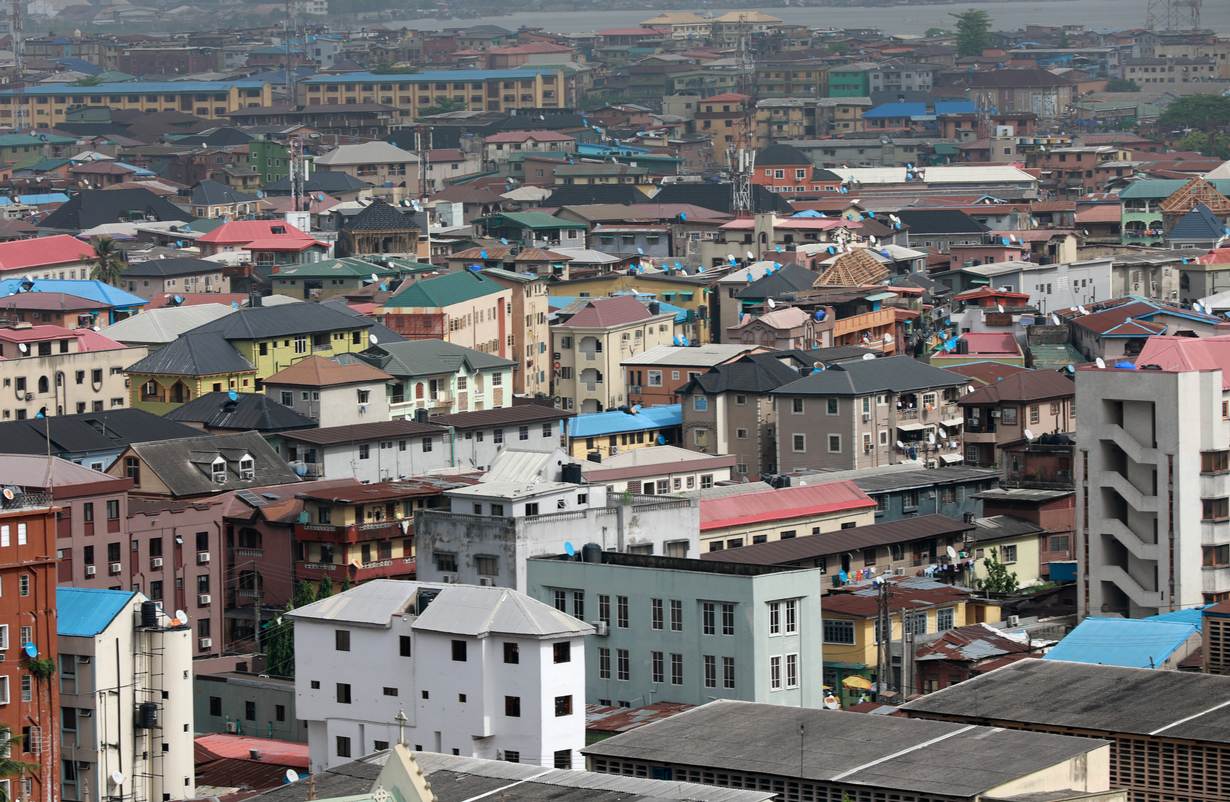Every morning in Lagos begins with the same relentless cycle: horns blaring from commercial buses filled with weary commuters seeking an escape from inflation and rising rent. Behind this daily grind lies a quiet crisis that cannot be overlooked.
Many families are spending as much as 70% of their incomes to have a roof over their heads. For far too many, home ownership is but a distant aspiration.
A new report reveals just how deeply entrenched the problem is: stagnant wages, state-unregulated rent rises, property development by high-end tastes and escalating land values have all collaborated to put housing prices beyond the means of ordinary Nigerians. In this city where the cost of shelter rivals the cost of survival, everybody is left asking themselves, where do we go from here?
Despite all these overwhelming problems, there have been efforts planting seeds of optimism in every part of the country.
Take the Family Homes Fund (FHF), for instance, a federal initiative to bridge the housing gap for low-income Nigerians, the Fund has made quiet but notable moves. Together with state governments and private builders, FHF has built thousands of housing units in various regions, primarily for government officials and informal sector employees.
Through subsidised construction loans and staggered payment schemes, the Fund has been able to make homes available for a small fraction of the market cost. Lagos, having a high population density and complex land market poses a challenge, but other states’ success with this model promises hope for the future.
Outside of government action, grassroots organisations are making the difference with creative, grassroots solutions. The Millard Fuller Foundation has promoted incremental housing in Abuja and Nassarawa to allow people buy modest homes at affordable rates, gradually expanding them over time.
The houses cost less than ₦2 million. Rather than locking families into exploitative mortgage deals or forcing them into unstable informal settlements, this approach enables them to grow into their homes as their incomes increase.
Stories have begun to surface of individuals who formerly rented in slums now building better lives brick by brick. It’s a reminder that sometimes the best answers are the ones that begin small but build up over time.
Meanwhile, a new generation of tech startups is transforming the method Nigerians use to rent apartments. Platforms like “spleet” are bringing an end to the cycle of exploitative high rent demands by offering tenants monthly payment avenues.
The online platforms connect certified landlords with renters, offer fair rental conditions, and even come with flexible leasing terms. For young professionals and small families generally, the innovation has brought some predictability and control to an otherwise unpredictable rental market. The platforms are growing. and their scope might currently be limited, but their impact is guaranteed.
However, to transform the Lagos housing crisis in a meaningful way, more serious reforms need to be implemented, most notably in the areas of urban planning and land administration.
Some state governments have started simplifying the process of obtaining land titles and also lower bureaucratic red tape. If Lagos is able to replicate and expand such programs, making cheap land accessible to actual homebuilders rather than speculators, then it could pave the way for more equitable urban development.
Solutions exist; they just need support, scaling and political will to prioritise the needs of ordinary Nigerians. Behind each story of displacement and pressure on housing, there lies an increasing network of people, projects, and concepts dedicated to rewriting the script, and that alone is a reason for hope.
The housing crisis in Lagos is marked by escalating rent, stagnant wages, and unregulated rent hikes, with families spending up to 70% of their income on housing, making home ownership a distant goal for many. A report highlights the impact of high-end property development and rising land values, pushing prices beyond the reach of ordinary Nigerians. However, initiatives such as the Family Homes Fund (FHF), in collaboration with state governments and private builders, have made significant efforts by providing subsidized housing and construction loans to low-income citizens, primarily benefiting government and informal sector employees.
Innovative solutions from grassroots organizations like the Millard Fuller Foundation offer incremental housing where families can buy affordable homes and expand them over time, preventing them from falling into debt or unstable living conditions. Additionally, tech startups such as "spleet" are transforming rental practices by enabling monthly payments and fair rental conditions, providing more predictable solutions beneficial to young professionals and small families. The scope of these platforms is limited but promising.
Meaningful transformation of Lagos' housing market calls for urban planning reforms and simplified land administration by state governments, making land more accessible to builders rather than speculators. With ongoing efforts by various stakeholders, viable and scalable solutions to the housing crisis can be achieved, requiring commitment and political will to prioritize the needs of ordinary Nigerians. The increasing network of projects and solutions across Nigeria fosters hope for a better future in housing stability.






